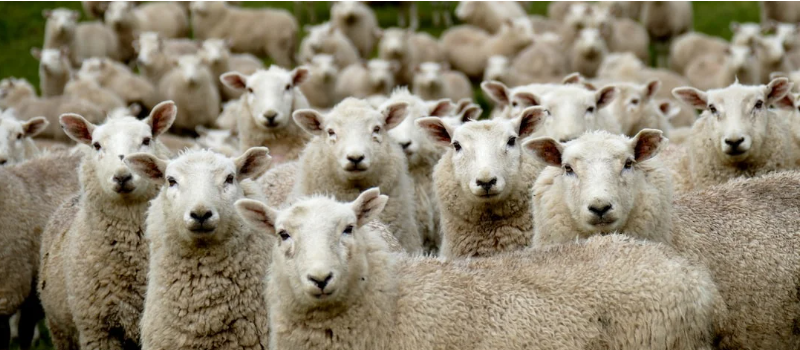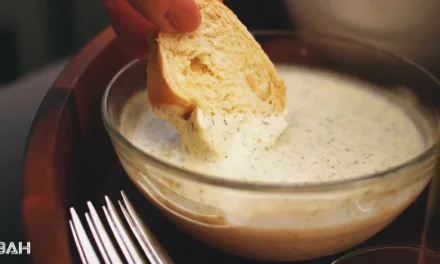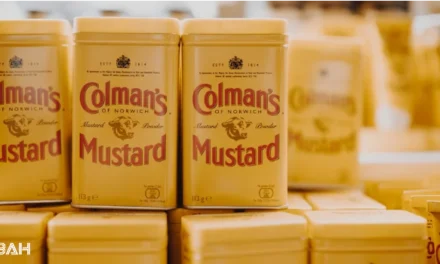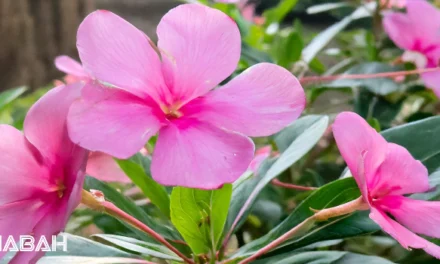Lanolin is a common ingredient in skincare and cosmetics, but its permissibility is unclear for Muslims. This comprehensive guide examines whether lanolin is considered Halal according to Islamic law.
What is Lanolin and Where Does It Come From?
Lanolin is a waxy, yellowish fatty substance secreted by the sebaceous glands of wool-bearing animals such as sheep. It is also referred to as wool wax, wool grease, or wool fat. Lanolin acts to lubricate and waterproof the skin and wool of the sheep.
Specifically, lanolin is extracted from the raw wool shorn from domestic sheep breeds that produce high amounts of lanolin, especially the Merino sheep. Lanolin makes up 5-25% of the weight of the shorn greasy wool. The highest lanolin content comes from sheep bred in Australia and New Zealand.
Lanolin Harvesting and Manufacturing Process
Extracting from Wool
After shearing the sheep’s wool, the first step is to extract the crude lanolin along with sweat, dirt, and wool grease. This is done by scouring the raw wool, which entails washing and heating it with detergent to remove impurities.
The lanolin gets mechanically separated as the wool wax rises to the top of this early mixture through techniques like boiling, steam treatment, pressing, and filtration. This liquid portion undergoes preliminary purification via additional hot water, salt solutions, and centrifuge spinning for the initial isolation of lanolin.
Purification and Processing
To further refine pharmaceutical-grade and cosmetic-grade lanolin for commercial use, the crude lanolin goes through steps such as:
- Deodorization using steam distillation at high heat
- Bleaching and decolorization
- Hydrogenation to boost water repellency
- Chemical modification with compounds like ethylene oxide
These processes aim to remove residual pesticides, heavy metals, and other contaminants. The resulting lanolin can appear from light yellow to off-white.
Potential animal-derived inputs sometimes used include cholesterol for emulsification, lard oil as a carrier, and animal enzymatic extracts. The overall extent of processing can vary between manufacturers.
Is Lanolin Religiously Permissible According to Islamic Law?
Among Islamic scholars, there are debates around whether lanolin is Halal due to its animal source and processing methods involved.
Evidence in Favor of Lanolin Being Halal
Proponents argue lanolin may be permissible to consume based on the following evidence:
Essential Nature for Sheep: Lanolin is a naturally occurring lubricant vital to skin and wool health for sheep. It gets excreted regardless of human wool harvesting.
Derived from Halal Animals: Sheep are considered Halal animals, so their wool and byproducts could retain purity. The permissibility depends on how lanolin gets obtained.
Early Filtration Purified It: During hot water extraction, early mechanical separation and filtration likely removed any truly impure substances to make lanolin consumable out of necessity.
Modern Methods Can Further Purify: Contemporary deodorization and chemical processes can additionally purify lanolin by removing hormones, pesticides, and make it molecularly altered.
Table summarizing evidence that lanolin may be Halal:
| Reason | Explanation |
|---|---|
| Essential for sheep | Naturally occurring wax for sheep skin/wool |
| From Halal animals | Sheep are permissible in Islam |
| Early filtration | Hot water extraction removed impurities |
| Modern purification | Additional refining improves purity |
Counterarguments
However, those arguing lanolin is Haram point out:
- Sheep byproducts like fat and bone marrow are often still deemed prohibited for consumption in Islam. Lanolin resembles those substances.
- The unnatural high heat and chemical alterations now used to extract and process lanolin raise doubts about its purity level compared to wool grease left naturally with sheared wool.
Evidence in Favor of Lanolin Being Haram
Scholars against the consumability of lanolin cite these main reasons:
Hadith Prohibiting Sheep Byproducts: An explicit hadith forbids consumption of certain sheep products like fat, marrow, and bones. Lanolin resembles those substances rather than wool fiber itself.
Extraction Methods Make Impure: Modern high heat, detergents, chemical carrier additions in manufacturing are considered damaging to lanolin purity compared to traditional wool grease left on sheared wool.
High Contamination Risk: Non-vegan inputs sometimes used like animal cholesterol, enzyme extracts or lard oil carriers present an unrealistic burden to guarantee lanolin reaches purity thresholds for human use.
Table outlining evidence that lanolin may be Haram:
| Reason | Explanation |
|---|---|
| Hadith prohibition | Forbids sheep fat, bones, marrow |
| Unnatural extraction | Heat, detergents damage purity |
| Contamination risks | Non-vegan inputs at times |
Counterarguments
In counterargument, Halal proponents state:
- Lanolin has a unique molecular structure and emulsifying traits that makes it distinct from prohibited sheep fats.
- Literature suggests lanolin obtained via boiling or steaming wool undergoes adequate purification on its own during extraction, requiring no further alteration.
This presents the main evidence-based arguments around lanolin’s Halal status. There are good faith views on both sides around interpreting its permissibility.
Lanolin Alternatives for Halal Skincare and Cosmetics
Given the debates around lanolin Halal certification, observant Muslim consumers often exercise caution and avoid products listing lanolin or wool wax on the ingredient label.
Several alternatives provide comparable skin hydrating and conditioning effects for skincare or lip care uses:
Plant Oils
- Jojoba oil
- Coconut oil
- Olive oil
- Avocado oil
- Almond oil
Plant Butters
- Shea butter
- Cocoa butter
Plant Waxes
- Beeswax
- Candelilla wax
- Carnauba wax
Other
- Glycerin
- Aloe vera
- Essential oils like tea tree, rosemary
Conclusion
The debates around classifying lanolin as Halal or Haram within Islamic jurisprudence remain complex for both consumers and religious scholars.
Given the reasonable evidence and counterarguments on both sides, many Muslim consumers simply choose to avoid lanolin out of precaution when alternatives exist. As with any unclear issue, it is wise to consult your local Muslim religious leader or Halal certification specialist to help determine your personal stance.
Frequently Asked Questions – Is Lanolin Halal
Yes, Lanolin is considered halal unless extracted from the slaughtered sheep in a non-halal manner
What is Lanolin and what category does it fall into?
Lanolin is a cream-like substance obtained from sheep’s wool and falls into the animal use category
Does Lanolin contain any haram substances?
Lanolin is considered pure and does not contain any haram substances
What is the ruling on using Lanolin in skin care products or cosmetics?
The use of Lanolin in skin care products or cosmetics is permitted and considered halal
What is Lanolin alcohol and does it affect the halal status of Lanolin?
Lanolin alcohol is a common substance derived from Lanolin and does not affect the halal status of Lanolin
How is Lanolin extracted from sheep’s wool?
Lanolin is obtained by washing the raw wool with hot water and then centrifuging to separate the lanolin from the wool
Is Lanolin commonly used in food or food-related products?
Lanolin is not commonly used in food or food-related products
Are there any special certifications required to use Lanolin in halal products?
There are no special certifications required as long as the Lanolin is obtained from halal sources
What is the reasoning behind the halal status of Lanolin?
Lanolin is considered halal because it is obtained from the wool of slaughtered sheep in a permissible manner
Is Lanolin permissible for use in soaps and other personal hygiene products?
Yes, Lanolin is permissible for use in soaps and other personal hygiene products according to Islamic rulings





